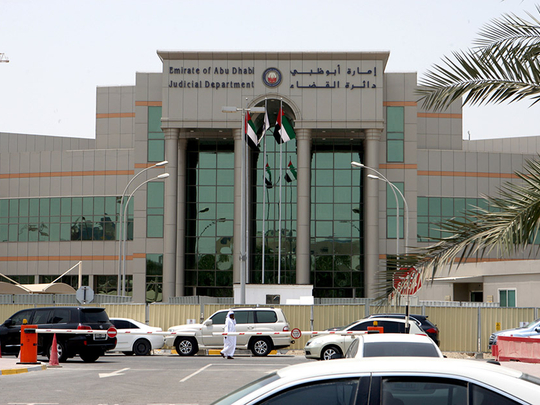Dh1.3 million compensation ordered for botched Caesarian-section procedure

Image Credit: Gulf News Archives
Abu Dhabi: A private hospital and an anaesthesiologist have been ordered to pay Dh1.3 million to an Arab couple for medical errors during a delivery that resulted in permanent disability to the woman.
The decision by the Abu Dhabi Court of Appeals upholds a verdict from a lower court, which had ordered the compensation because an error was committed during a Caesarian-section procedure.
According to court records, the male plaintiff had filed a lawsuit against the hospital and the anaesthesiologist claiming material and moral damages. The plaintiff said his wife had visited the hospital on the expected delivery date, and that she did not have any previous history of illness.
The plaintiff’s wife underwent a C-section under general anaesthesia, but her heart stopped during the procedure and she went into a coma. She was then hospitalised and intubated. According to the plaintiff, his wife’s coma and subsequent condition was a result of medical error that was brought about by an anaesthesia overdose and the medical negligence has deprived his children of their mother.
The anaesthesiologist and hospital, on the other hand, have said that medical error was not to be blamed for the woman’s condition and that she had suffered a heart-attack that stopped oxygen supply to the brain.
A lower court had earlier ordered that the hospital and anaesthesiologist pay the plaintiff Dh300,000 in material and moral damages, and that they also pay his wife Dh1 million for the injuries she had sustained. The court also ordered that the defendants pay the court fees.
The defendants appealed against this ruling, but a report submitted by the Supreme Committee for Medical Responsibility confirmed that a medical error had indeed occurred during the C-section procedure, resulting in 100 per cent disability to the patient. The report also stated that the doctor had tried to administer spinal anaesthesia to the patient several times, and when it did not work, he did not seek assistance from another anaesthesiologist, which exposed the patient to a lack of oxygen in the brain.
